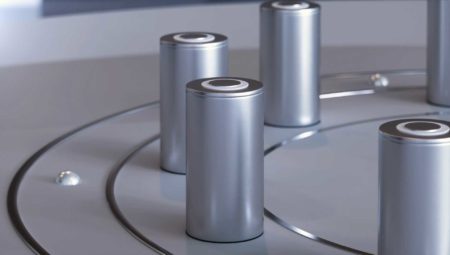The global car industry has therefore turned its hopes to the solid-state battery. According to an article in Flemish magazine Knack, the new battery can reduce an electric car’s carbon footprint by 40 per cent while improving driving range by 20 to 50 per cent, while recharging can be done in less than half an hour.
Japanese carmaker Toyota has been working on solid-state batteries since 2012, announcing commercial availability of the first car by 2027. New (2014) Chinese car brand NIO even presented a first solidstate SUV with a range of 930 kilometres per charge as early as this summer.
Solid-state batteries have been used in buses for several years, with varying degrees of success. In recent years, for instance, several city buses burned out in France and Germany. Bus manufacturer Daimler subsequently switched to NMC batteries. Improving temperature control should prevent such incidents in the future.
Image: Avigator Fortuner/Shutterstock



